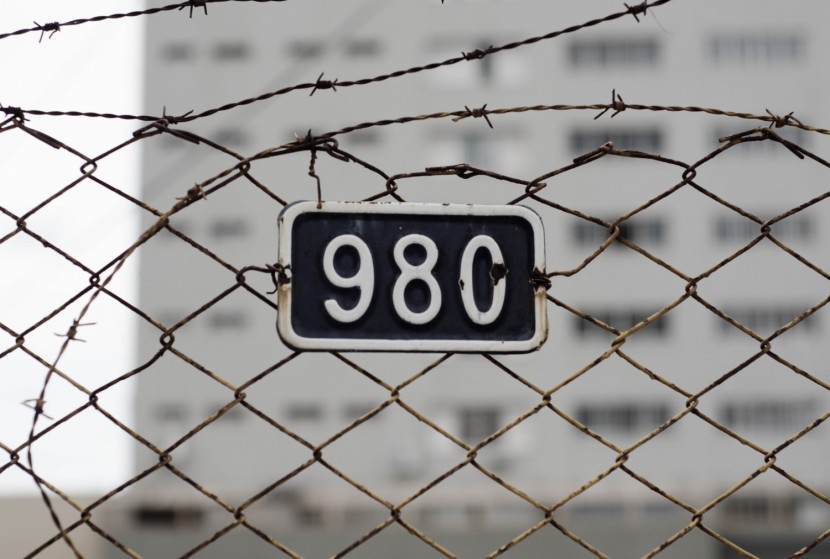
Around the United States, local jails and state prison systems are battered by a wave of Covid-19 and have resorted to completely shutting down, and transferring their inmates somewhere else, an extreme strategy to keep the virus at bay.
State and local officials from California, Missouri, and Pennsylvania say that so many guards have fallen ill with covid-19 and are inept at working that they snappishly closed some correctional facilities to preserve community security and prisoner's safety.
READ: Report: The Power of the Vice President To Count or Reject Electoral Votes Contested
The fallout is easy to predict, experts say. The open jails and prisons will perhaps become more crowded, unhygienic, and disease-ridden, and the transfers are likely to help covid-19 thrive both inside and outside the walls.
Professor for University of North Carolina School of Medicine, Lauren Brinkley-Rubinstein said, "Movement of people is dangerous. We've got really good examples of overcrowding equals more infection and greater risk of an outbreak. We've got lots of evidence that even transferring people from one facility to the next is very dangerous." She has been tracking Covid cases in correctional settings.
According to the database of the New York Times, there have been more than 480,000 confirmed Covid infections across the nation, and among inmates and guards in prisons, jails, and detention centers, there are at least 2,100 deaths.
Nearly 100,000 correctional officers are among those Covid-19 grim statistics who have tested positive and 170 who have perished.
Some states tried to deflect Covid virus outbreaks early in the pandemic by freeing some lawbreakers early and detaining fewer offenders pending trial to reduce populations. Nonetheless, those efforts often met resistance from legislators and the public.
ALSO READ: American Express Platinum Offers $30 Monthly Paypal Credit. Here's What You Need to Know
According to data collected by New York-based nonprofit research and policy group, Vera Institute of Justice, as arrests in many zones have augmented more recently; jail populaces have returned to pre-pandemic levels.
Combine that fact with widespread Covid-19 infections among correctional officers, years back of staffing shortages and prison medical facilities strains, as the pandemic progresses have pushed states toward more concentration and crowding, in part through the closing of strained facilities.
For instance, in North Carolina, around late November and early December, prison officials closed the Randolph Correctional Center in Asheboro sideways with three minimum security facilities and have not ruled out more closures.
The state commissioner of prisons, Todd Ishee, said in a recent interview, "It feels like we're holding this together with bubble gum and packaging tape. Really, we're all in the same boat. It's challenging our community. It's challenging prison systems north, south, east, and west."
Despite warnings that prison transfers elsewhere have sown deadly Covid-19 outbreaks, a cell block in Waupun prison at Wisconsin has closed, and 220 inmates were moving to other prisons, including at San Quentin State Prison in California.
READ MORE: Hong Kong Activists Face Up to Three Years Jail Time in China Following Attempt to Flee to Taiwan via Boat
According to an analysis of state data of the New York Times, since the beginning of November, Covid-19 infections and deaths in the prison system have more than doubled. Since the start of the pandemic, more than one-third of Waupun's sentinels have been disease-ridden.
In Howard and Pike Counties of Missouri, their jails shut down. The Howard County Sheriff's Office wrote in a brief Facebook post, "The jail is temporarily closed due to shortness of staff due to illness. All detainees are currently being housed in Cooper County."








